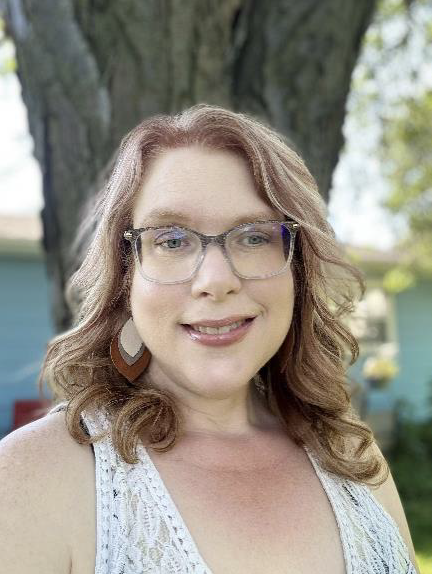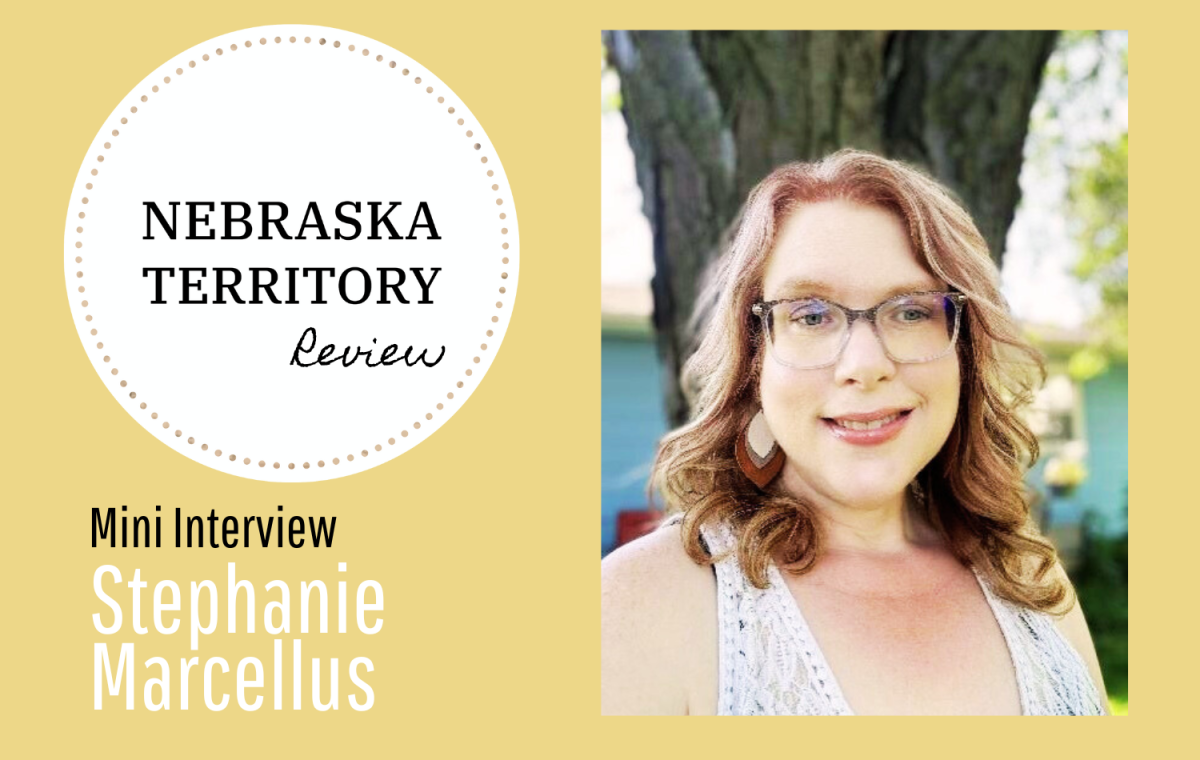How did you get into writing? Do you remember your first piece of writing?
I’ve always loved to read books and I think my admiration of books led me to want to be a writer. I remember writing my first poems when I was in grade school and putting together a book with a masking tape binding.
How did you come to title all your pieces with “How to…”?
The pieces in How to Say emerged from a writing prompt that encouraged the writer to experiment with using a manual-style form to write about a topic that isn’t usually described or approached in that way. I wrote one poem that way and really enjoyed the process and how it allowed me a different way of examining an idea, so I followed that notion through with several pieces that eventually became titled “How to..”
What has teaching others to write taught you about your own writing?
I always feel like I learn from my students, no matter the class, and that’s part of what excites me about teaching. Talking about poetry techniques in workshop classes and discussing the work of established poets as well as student authors keeps the wheels turning for approaches that I would like to try in my own work.
What author has inspired you the most?
It’s hard to pick just one, so I will share some poets who have inspired me and whom I enjoy reading. One of the earliest poets to inspire me was Anne Sexton for her surprising imagery, unabashed topics, and her confessional voice. I am also drawn to writers who write in response to the natural world from the more classical works of William Wordsworth to Nebraska author Loren Eiseley to more contemporary poets such as Louise Glück, Mary Oliver, and Aimee Nezhukumatathi.
Do you have a writing routine or any methods that you use?
I like to write my poems in longhand in a notebook with a favorite pen. I find that it helps me formulate ideas and get into a creative mood. Then I like to type them and edit them on a computer. For some reason, I can’t just start out typing.
What inspires your writing?
My interactions and experiences with nature inspire much of my work. I am drawn to the beauty of small details in nature like the wings of a dragonfly or fog on the horizon on an early fall morning. I also write to explore feelings, love and loss, and just the wonder of existence.
What is the hardest thing about writing, and how do you work through it?
Sometimes I find it difficult to settle down into the process of doing the work. The blank page can be intimidating. I have found that if I set a timer for five minutes of writing and tell myself that it doesn’t matter if it’s good or bad, that all I need to do is try, I usually find myself writing (and enjoying it!) for a couple of hours and turning out something that can be revised into a poem.
Are you working on anything currently?
I have a larger collection of poetry that I have been working on that explores home and the places and people that make up that space/concept.
What advice would you give to aspiring writers?
Keep writing! It can be hard, but don’t let your inner critic or fear of rejection stop you from expressing yourself on the page. If you keep writing, you will find success. Also, surround yourself with other people who write and create a support system for each other. It’s important to have community.
Is there anything else you would like to add?
Thanks for this opportunity!
 About the Author
About the Author
Stephanie A. Marcellus is a professor of English at Wayne State College where she teaches creative writing and literature. She holds an MFA in Poetry from Colorado State and a PhD in Nineteenth-Century British Literature from the University of South Dakota. Recent publications include two chapbooks: What Is Left Behind: Garden Elegies, published by Finishing Line Press in 2017, and How to Say, published by The Poetry Box in April 2024. She is the co-founder and editor of FarmGirl Press.
Follow Stephanie Marcellus:





